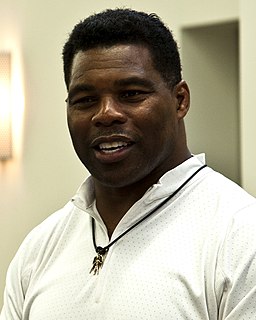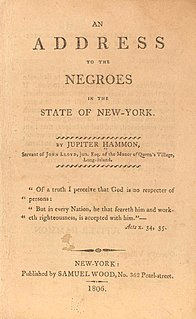A Quote by Richard Dawkins
Those who wish to base their morality literally on the Bible have either not read it or not understood it.
Related Quotes
What I mean by context is worldview - having the ancient Israelite or first-century Jew in your head as you read. How would an ancient Israelite or first-century Jew read the Bible - what would they be thinking in terms of its meaning? The truth is that if we put one of those people into a small group Bible study and asked them what they thought about a given passage meant, their answer would be quite a bit different in many cases than anything the average Christian would think. They belonged to the world that produced the Bible, which is the context the Bible needs to be understood by.
read the Bible to the children, until they are old enough to read for themselves ... The Bible, not nursery versions of it. There is a Bible in words of one syllable; I am happy to say I have never seen it. Such a monstrosity should be put alongside of the Rhyming Bible, of which, I believe, only one copy is in existence.
People who do not know the Bible well have been gulled into thinking it is a good guide to morality. This mistaken view may have motivated the "millionaire Conservative party donors". I have even heard the cynically misanthropic opinion that, without the Bible as a moral compass, people would have no restraint against murder, theft and mayhem. The surest way to disabuse yourself of this pernicious falsehood is to read the Bible itself.
We're always projecting our moral categories on things. I think that's inevitable. But capitalism places no particular value on morality. Morality in the market is enforced by contract and regulation and law, because morality is understood to be in conflict with the motive force of greed and accumulation.
The hypothesis I wish to advance is thatthe language of morality is ingrave disorder.... What we possess, if this is true, are the fragments of a conceptual scheme, parts of which now lack those contexts from which their significance derived. We possess indeed simulacra of morality, we continue to use many of the key expressions. But we have--very largely if not entirely--lost our comprehension, both theoretical and practical, of morality.




































